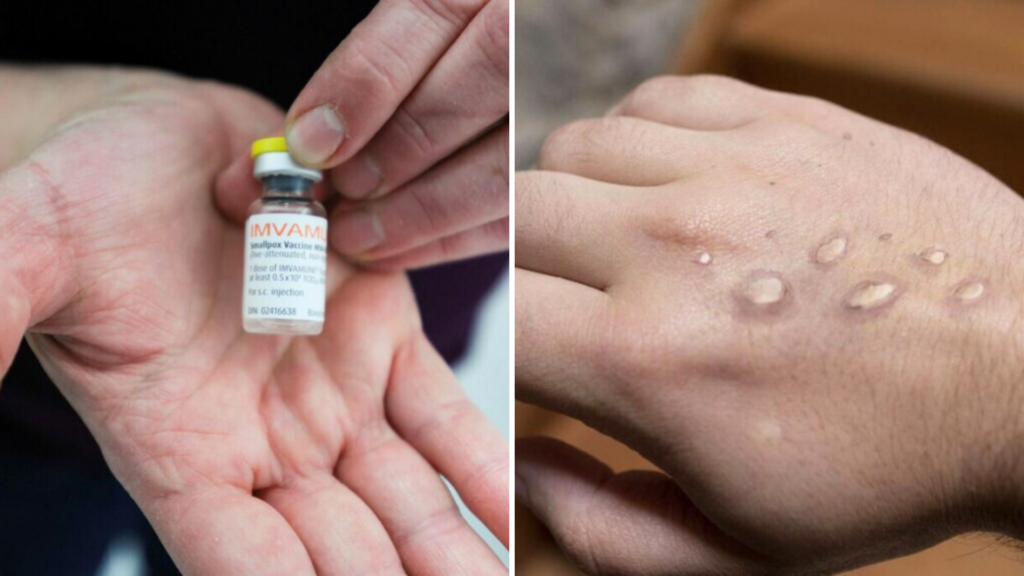While Belgium's population is not at high risk for mpox, the country is preparing to scale up its response if needed. This includes vaccination of at-risk groups and informing doctors and hospitals.
The World Health Organisation (WHO) officially declared the mpox epidemic in Central and East Africa an "international public health emergency" last week. A new strain of the disease – the clade Ib virus variant – is more deadly. Two cases have already been recorded outside the continent: one in Europe (Sweden), and one in Asia (Thailand). Both people became infected while staying in an African region.
Affected countries are advised to launch vaccination plans. While travellers to certain regions in Africa are at risk if they come into close physical contact with someone from the affected communities, Belgium's Risk Assessment Group (RAG) confirmed the infection risk for the general population remains very low, which impacts its vaccination strategy.
"Given the limited impact of the disease and the low risk for the general population, general vaccination is out of the question," Dirk Ramaekers of the Public Health Ministry told De Morgen. "We do not currently expect any major problems with mpox but we do need to prepare. Expect the unexpected."
20,000 vaccines
Belgium is working on a possible vaccination campaign, should the first case of mpox variant Ib emerge here. Belgium still has around 20,000 smallpox vaccines, which provide cross-protection against all orthopoxviruses. The 2022 outbreak of the IIb variant showed it was enough to vaccinate the high-risk group, which at the moment applies to people who return from high-risk areas.
There is no evidence to suggest that this vaccine would not work against the new variant. In principle the vaccine should give maximum protection after a second dose, within 28 days. It is also possible that one vaccine is sufficient for multiple doses: if the lesions are still in the skin, a fifth of the dose is enough. For now the vaccines are stored at the federal level, but distribution is done at the regional level.
This week, GPs will be informed on how to spot the illness and recognise symptoms – a skin rash or mucosal lesions, accompanied by fever, headache, muscle aches, back pain, low energy, and swollen lymph nodes. People who experience these symptoms or think they were in contact with an infected person should isolate at home and contact their GP by phone or online.
When a person is suspected of being infected, doctors must take a sample and send it to the lab. The Supreme Health Council is still determining who is eligible and a vaccine will only be available on doctor's orders. Some reference centres in larger hospitals across the country are also being notified, and any vaccination can take place here.
Related News
- First case of deadlier mpox variant outside of Africa identified in Sweden
- 'Not the new Covid-19': No preventive vaccines against mpox in Belgium
Lessons have also been learned from the 2022 outbreak on how to contain the spread, including avoiding skin contact and sex, as well as contact with contaminated clothes.
Specific advice for those travelling to the affected countries will be formulated in the coming days and published on the Foreign Affairs website.

